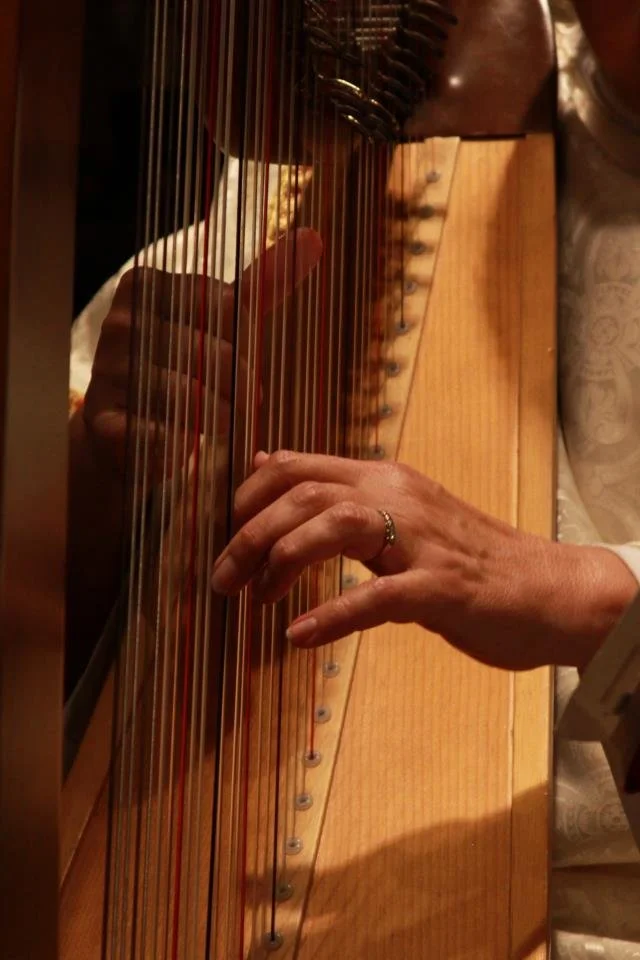De Mello: Ignatian Exercises and More
“This is the spirit in which we embark upon Ignatian contemplations. Through the simple childlike use of our fantasy, we attain a truth far beyond fantasy, the truth of mystery, the truth of the mystics.”—Anthony de Mello in Sadhana: A Way to God (Image Books, 1978).
De Mello offers many awareness exercises that enable us to know and feel the presence of Christ, especially in prayer. In one exercise, we imagine Jesus sitting in an empty chair beside us. He reminds us that we can start our prayer in our heads. But our prayers will become stale and dry if we do not move to our senses and heart—out of a place of thinking and talking into a place of feeling, sensing, loving, and intuiting.
De Mello suggests Ignatian contemplation to help us become part of a scene from Christ’s life, to enhance our reading of Scripture and our prayer life. He reminds us of others who experienced God using Ignatian contemplation. Francis of Assisi, in contemplation, took Jesus down from the cross and knew his Lord was no longer dead. Teresa of Avila felt closest to Christ when she was with him, as he agonized in the garden. Ignatius of Loyola became a servant, accompanying Mary and Joseph to Bethlehem.
Learning how to enter into the truth of these mystics can transform our own experience of living in God’s presence.
We give thanks for spiritual guides who knew what we would need in today’s world of strife and illness so many years ago.



